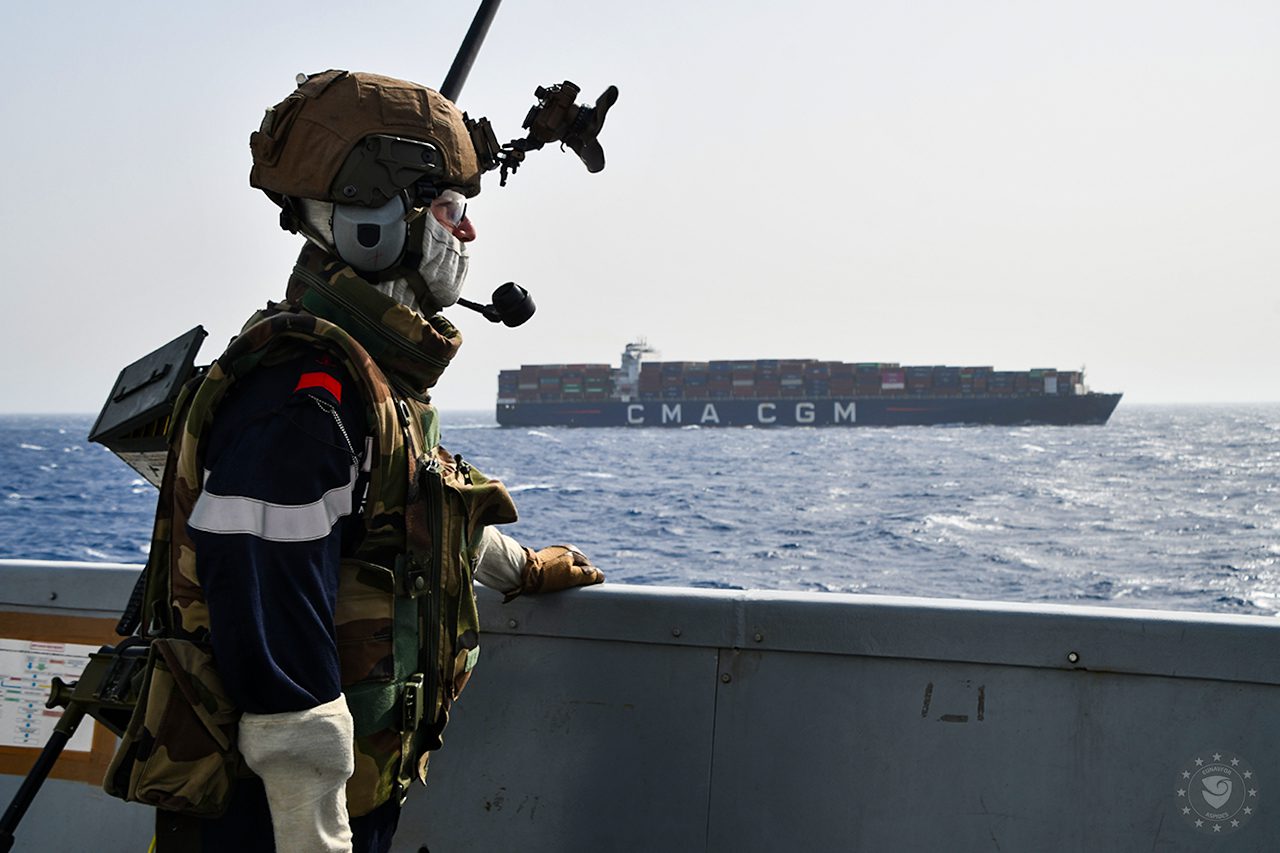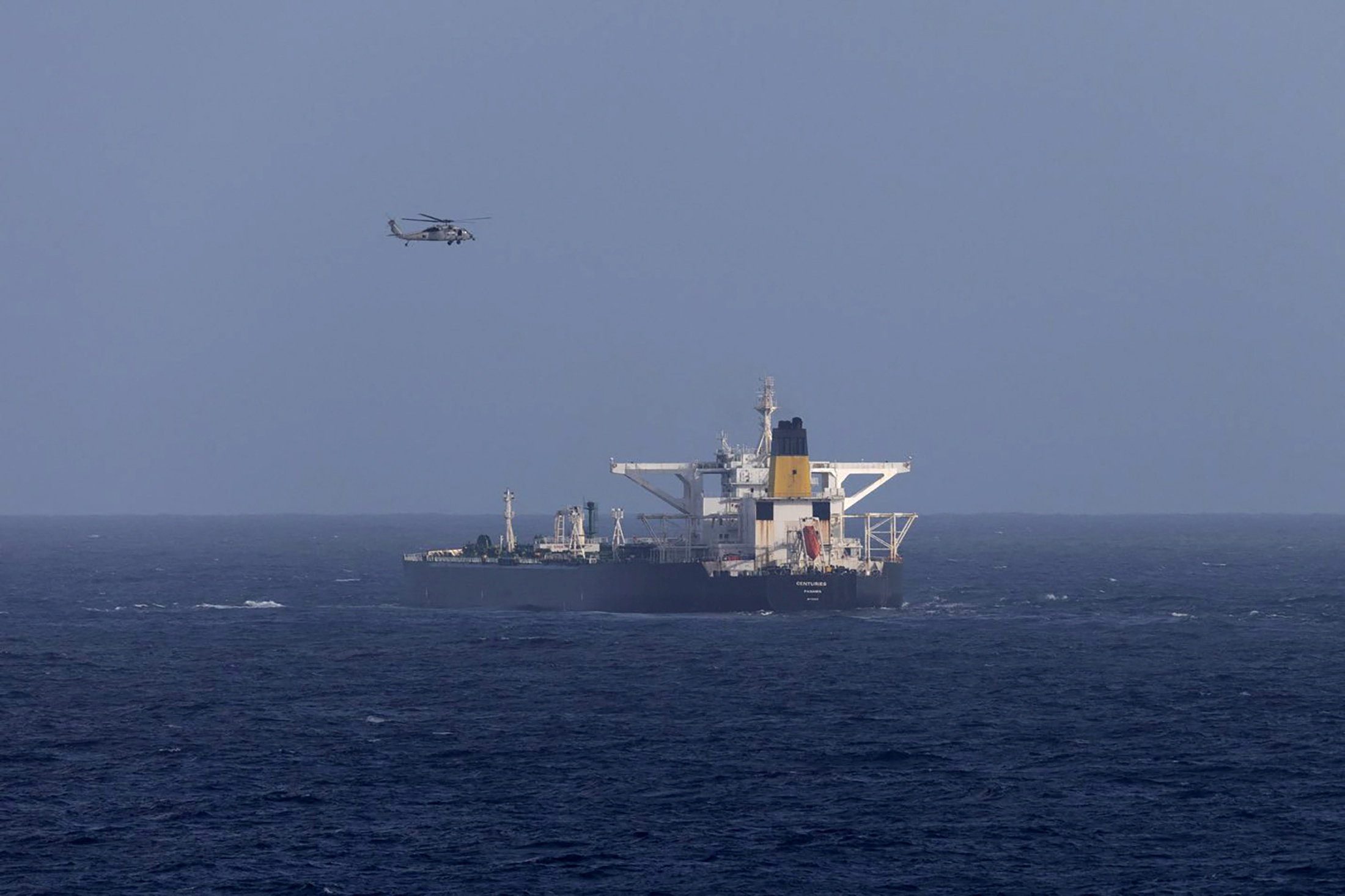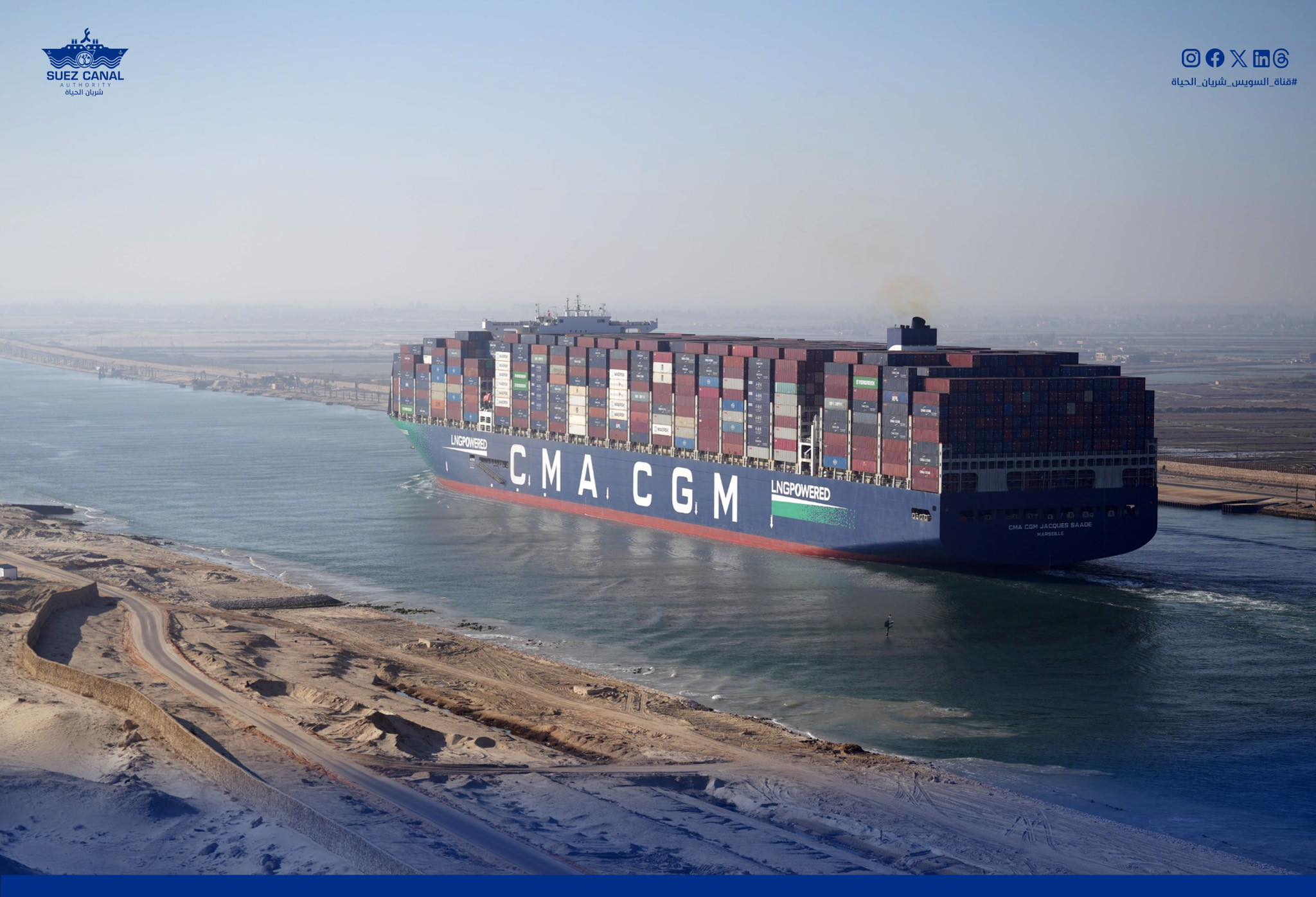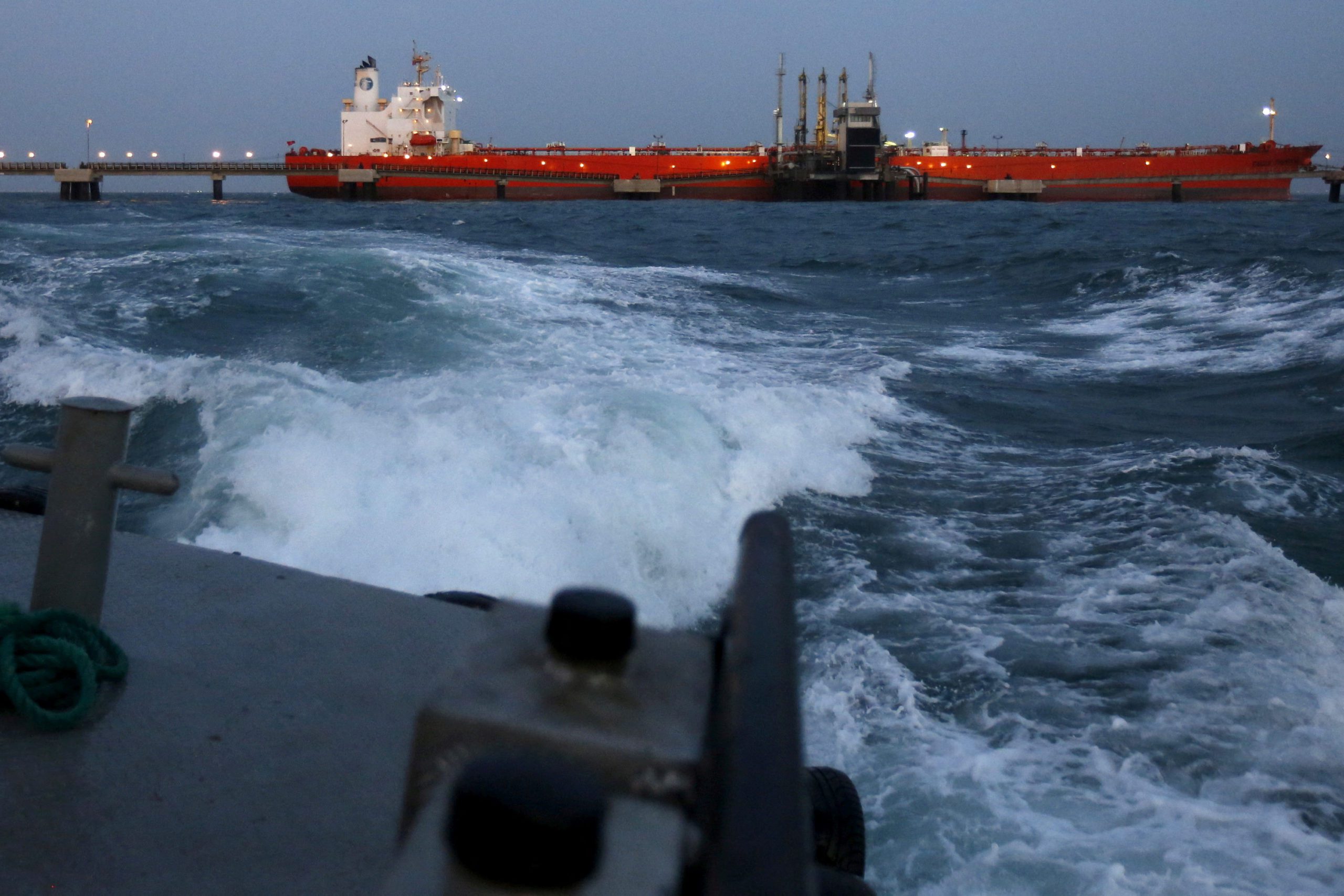By Alexander Whiteman (The Loadstar) –
Carriers have been warned to proceed “with extreme caution” following the major widening of the Houthis’ sphere of attacks announced last week, with lines including Hapag-Lloyd, ONE, and Yang Ming, and CMA CGM all now in the firing line.
In a statement seen by The Loadstar, the Houthis warned they would target “all ships” that belonged to any company calling at Israeli ports, including Haifa, and warning all companies to cease dealings with those ports.
Chief analyst at eeSea Destine Ozuygur told The Loadstar the announcement marked ‘a sea change moment’ in the Red Sea conflict, coming barely two months on from the Iran-backed militia group having appeared to be moving toward de-escalation.
“They’re threatening any ships of any company that makes active calls to Israel, regardless of whether that specific string calls Israel so that is a huge net,” she said.
“There aren’t any services that call Israel and transit Suez. The Asia-Middle trade, however, is dominated by the few carriers that distinctly do not call any Israeli ports, regardless of trade, including CMA CGM, Cosco, CSTAR, CUL, HMM, Kawa, RCL, WHL.”
In late May, the Houthis announced they would suspend its near 18-month assault against commercial shipping transiting the Red Sea and would instead move to impose a naval blockade “to and from the port of Haifa”.
Although most carriers sought to sit back and see how the situation played out, Hapag-Lloyd said at the end of June its reassessment of regional security indicated that tensions in the Middle East had “eased”, and it would resume “normal operations at the port of Haifa”.
Asked if it was concerned by the change in approach from the Houthis, a spokesperson for Hapag-Lloyd told The Loadstar that, while it serviced Israel and Haifa via a slot charter agreement, “Hapag-Lloyd has no owned vessels calling Israel or Haifa”.
Sources, however, are less confident that this level of direct association with vessels will provide carriers cover from Houthi attacks. One source told The Loadstar: “I don’t think the Houthis are actively poring through detailed service records.”
The announcement may also spell bad news for CMA CGM, which has proved very willing to risk transiting the Red Sea, having operated its BEX2/Phoenician Express through the Suez Canal since April 2024, albeit with the French navy providing escort services.
And after the Houthis said in May that they would only target Israeli vessels or those calling at Haifa, CMA CGM confirmed it would revert to using Suez for its Med Express service (MEDEX), having also resumed its Mediterranean Club Express (MEX) service.
Ms Ozuygur said: “I actually see CMA as the one carrier least likely to take out any services; even the smaller services it operates alongside targeted slot charterers would more likely see the departure of those VSA partners instead of CMA pulling the offerings entirely.”
CMA CGM’s willingness to continue plying the trade could be based on optimism that because it does not make calls at Haifa, it would not be subject to any attack. Sources, however, do not seem so sure.
However, one told The Loadstar they thought it unlikely the Yemini militia group was looking “to see who owns and who operates vessels compared with partners slot chartering with one another”.
“They’d say, CMA partners with Maersk on GULFJJS1, Maersk has services calling at Israel, so vessels on GULFJJS1 are all targets (even though they’re operated by CMA). I haven’t gotten the impression the Houthis’ R&D department is extremely delicate in these matters.”
Asia-Europe sailings almost certain to be targeted as a consequence of the amended Houthi policy are PMR-MD3, PMR-MD1, and Zim-ZMP, all calling at Haifa.
But Ms Ozuygur said: “None of these makes calls into ports on the Arabian or Persian Gulf, nor do they call into Pakistan and India, and they steer far away before hitting transhipment hubs like Colombo on their passage back to Asia.
“Regardless of if they call into Israel, all Asia-Europe Premier Alliance and MSC services give the Middle East a wide berth; Gemini’s Far East Middle East service and Asia Northern Europe loop 1 go to Salalah/Jebel Ali, but I imagine they are well out of Houthi range.”
Other potentially affected carriers include Evergreen, which calls at Israel by way of its EMC-LEV service and joins the Ocean Alliance on several strings on the Arabian/Persian Gulf; the Premier Alliance having the FE5, and AG1 and MSC its new Chinook-Clanga and New Falcon services.
“These are what we could consider the ‘closest’ strings on non-feeders/intras, but I doubt any of these captains would carelessly wander close enough to the Yemen coastline to be a true target,” Ms Ozuygur said.
Correction: X-Press Feeders does not operate any services that call at Israeli ports.
(c) Copyright Thomson Reuters 2025.

 Join The Club
Join The Club











